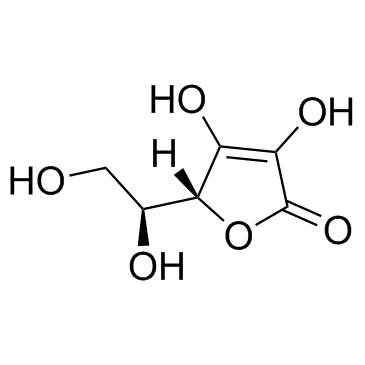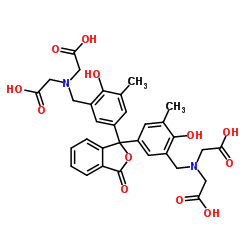| Structure | Name/CAS No. | Articles |
|---|---|---|
 |
sodium dodecyl sulfate
CAS:151-21-3 |
|
 |
Ascorbic acid
CAS:50-81-7 |
|
 |
Phthalein Complexon
CAS:2411-89-4 |